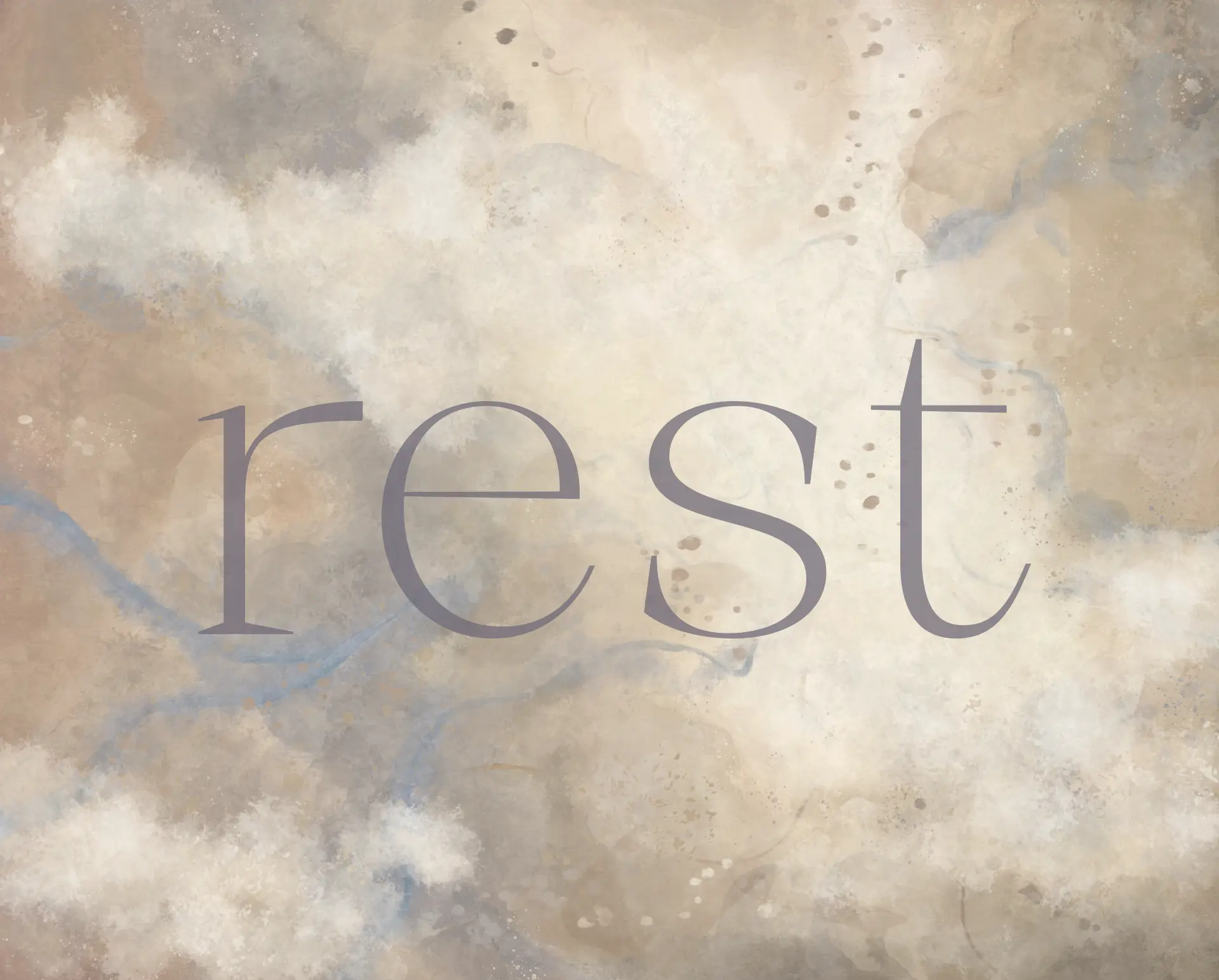“Whatever”…It is an attitude that says, “That isn’t important to me.”
Teens can say it, and they might be saying something foolish. Old people can say it, and they might be saying something wise. Full disclosure. I am an old person – AARP eligible, though still awaiting discounts on public transportation.
Old people, of course, can say “whatever” for wrong reasons, but the vantage point of older age can reveal to us what is worth getting upset about and what isn’t. “Whatever” is actually a very important part of wisdom: an ongoing task in life is to discern what is more important and what is less important. It is a tougher task than we think, and just when we decide what is and isn’t important we go through cultural shifts and might have to rearrange our priorities.
Biblical counseling, as done at CCEF, has been going on for about thirty-five years, and I have been at CCEF for most of that time. During this period, I have been fired up about some things. There are other matters that, over time, have become “whatevers.”
Here are some of the matters that might be “whatevers” and not worthy of getting fired up about.
Psychiatric medication. I rarely ask counselees if they are taking psychiatric medication anymore. Sometimes medication helps. Sometimes it doesn’t. Those I counsel can decide what they want to do. I haven’t found that medication interferes with spiritual growth. If it did, I’d probably get upset about it.
Secular literature. Everyday I read Scripture, and most everyday I read material from colleagues, friends, heretics, and secular writers who concern themselves about human problems. We might as well toss the DSM-IV onto the list. I am challenged and sharpened by most of this literature. I especially appreciate the psychiatric or addiction memoirs (e.g., Prozac Nation, Beautiful Boy, Maniac, An Unquiet Mind). Whether or not someone is informed by secular literature isn’t that big a deal. I would argue the opposite of what some critics of biblical counseling might expect – if you are going to attend carefully to face-to-face ministry, you should be alert to the relevant secular literature.
Cultural trends in counseling. I have found that each decade has its counseling trend. The seventies had blame-the-parents, the eighties had if-you-feel-you-were-sexually-abused-you-were, the nineties had “it’s-genetic,” and the last decade has been marked by cognitive therapy’s ascendancy and the return of “think right – feel right.” Within each of these trends has been something goofy and grandiose, but I wonder how much energy we should put into critiques. By the time we refine a critique that is insightful and relatively gracious, the lunatic fringes of the movement have moved on to the new “latest trend”.
There seems to be a self-correcting tendency in human beings, at least for some things. (It hasn’t kicked in yet with all things sexual). When cultural trends drift and become at blatant odds with Scripture, they won’t last because they are too out of synch with how human beings operate best, and the trends, which were once touted as the cure, simply pass the baton to something else. In the eighties I wrote articles on the codependency movement. Today, no one has heard of the co-dependency movement.
State licensure. Some schoolteachers work in the public school system; some counselors get licensed by the state and work within its structures. CCEF’s mission is to bring Christ to counseling and counseling to the church, and I am privileged to think about that mission every day. When some of our students pursue state licensure I don’t think I am abandoning that mission.
Critics. I read something by a critic of biblical counseling recently, and I had a good lather worked up because of it. I wrote a response immediately but didn’t send it. I gave it to a few of my colleagues, each of whom had helpful thoughts. I rewrote my response, got busy doing a few other things, rewrote it again, then lost interest. The final stage, in which I lost interest, was, I think, wisdom. My comments weren’t going to persuade the person. There are more important things to do. Hopefully, next time I will not have to go through all the stages to get to the end.
Yet, there are some things that are not “whatevers” and are worthy of our careful attention. They include psychiatric medication, secular literature, cultural trends in counseling, state licensure, and critics. I’m not trying to be cute by duplicating the list, but each of these matters can be important ones. For example, psychiatric medications are no big deal, but when they are swallowed with a worldview that blinds people to ways that Scripture can speak even more deeply to the most important issues of life, then I am mobilized to do something. Secular literature is no big deal, unless we are unable to reframe it biblically and maintain our confidence that Scripture goes deeper. Cultural trends in counseling aren’t always worth extensive public responses, but if the latest trend negatively impacts the church, the matter becomes more important and may require some thoughtful attention. State licensure is no big deal, unless we forsake the priority of local churches in the process of spiritual growth and change. And critics are no big deal, but it would be a catastrophe if we didn’t listen to what other people say.
The challenge of Christians in every generation is to set priorities. What is especially important and what is less so? The apostle Paul had his priorities. For example, he was clear that the issues in Galatia were of supreme importance. Read his letter and you will find him at full throttle. But his letter to those at Colossae, though it was addressing false teaching, was nowhere near as urgent. Throughout Scripture, some things are more important than others. We all must establish priorities. Our desire is to be able to defend them biblically and revise them as we grow in knowing Scripture and become increasingly savvy to cultural movements.
What is most important and worthy now? One answer never changes: Christ and him crucified (1 Cor. 15). We want to the gospel to be the center of our ministry. Most Christians would say the same thing. The challenge is for the gospel of Jesus to be the true functioning center of our counseling practice.
After that, what is important? For me, and I think for CCEF as a whole, our desire is to discover how Scripture speaks to all the troubles of life. More specifically, we want to be surprised by how Scripture speaks both deeply to everyday struggles and broadly to less ordinary struggles—these will never be “whatevers”. Our target audience? The entire world – but there too we have priorities. Our institutional priority is the local church.




